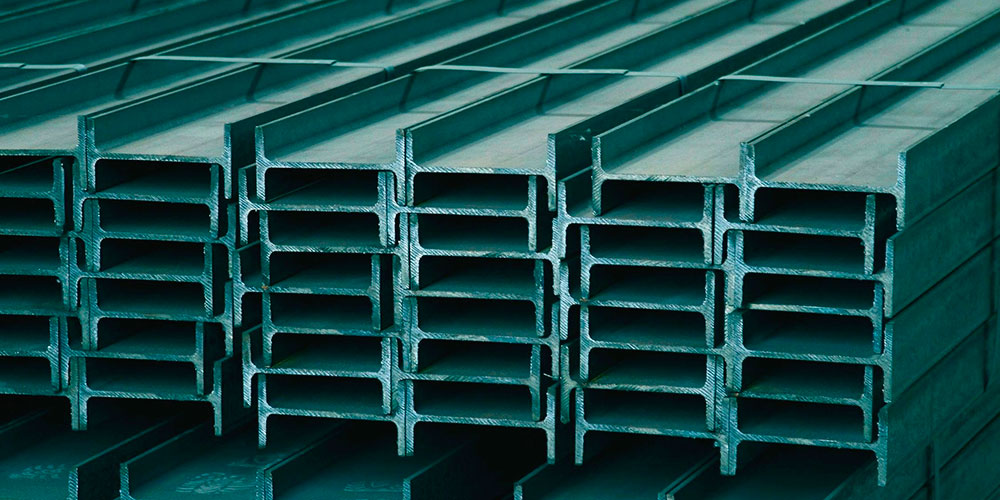The abolition of US safeguard measures against steel from the EU is an important signal of transatlantic trade, but the barriers against other countries and regions must fall, too, German mills say. Otherwise, diversions of US-bound imports to Europe could still occur, German steel federation WV Stahl says in a statement sent to Kallanish.
With the agreement, fixed quantities of EU steel deliveries can be imported duty-free into the US again with immediate effect. In 2017, the year before the US steel tariffs were introduced, 4.8 million tonnes of steel were delivered from the EU to the US. 1.4mt came from Germany.
However, “as long as the US steel tariffs for other regions of the world remain in place, the risk of trade diversion continues to exist”, WV Stahl president Hans Jürgen Kerkhoff warns. “Therefore, the existing safety net through the EU Safeguard measures remains indispensable.”
As another part of the negotiations, an EU-US committee for a sustainable steel industry will be launched in the next two years. The joint commitment to deepen cooperation here is a first step towards a possible “climate club”, Kerkhoff says. “However, further liberalisation steps to completely dismantle the 232 measures must not be linked to climate policy progress,” the association president demands.
In a commentary on the political agreement, Austrian state broadcaster ORF pointed out another reason why the EU cannot be completely happy with the outcome. The volume that has been agreed to remain untouched by duties remains capped to the tonnage imported before the safeguards were introduced by the Trump administration. This does not allow for potential expansion, and for free competition in the real sense, the commentator says.
Christian Koehl Germany






